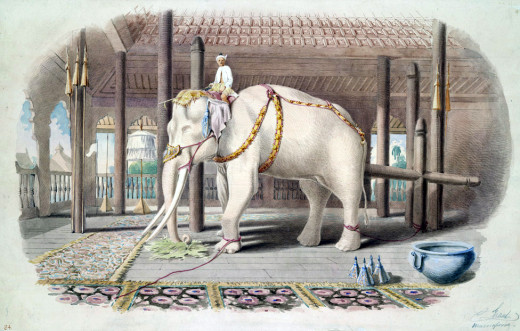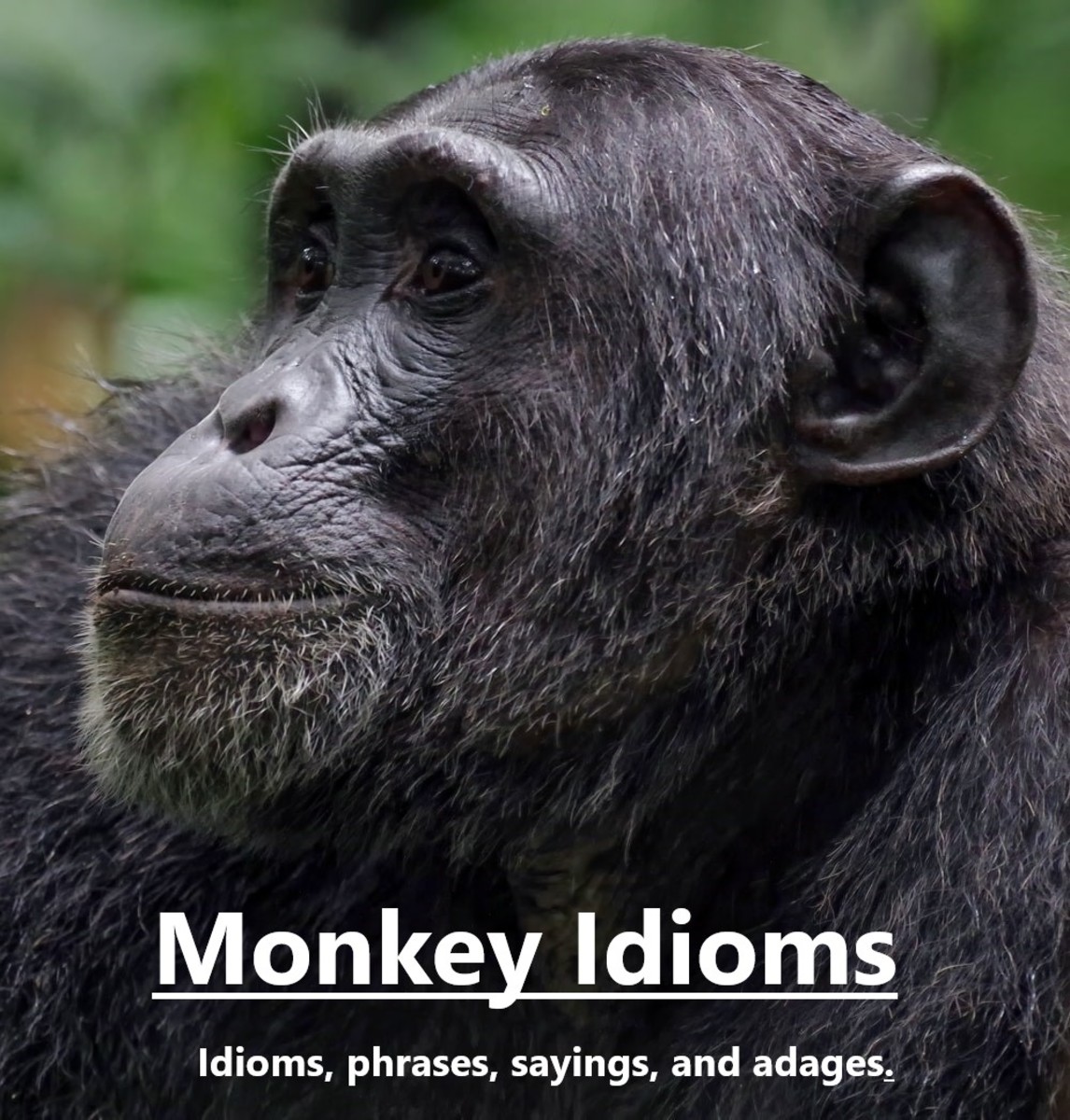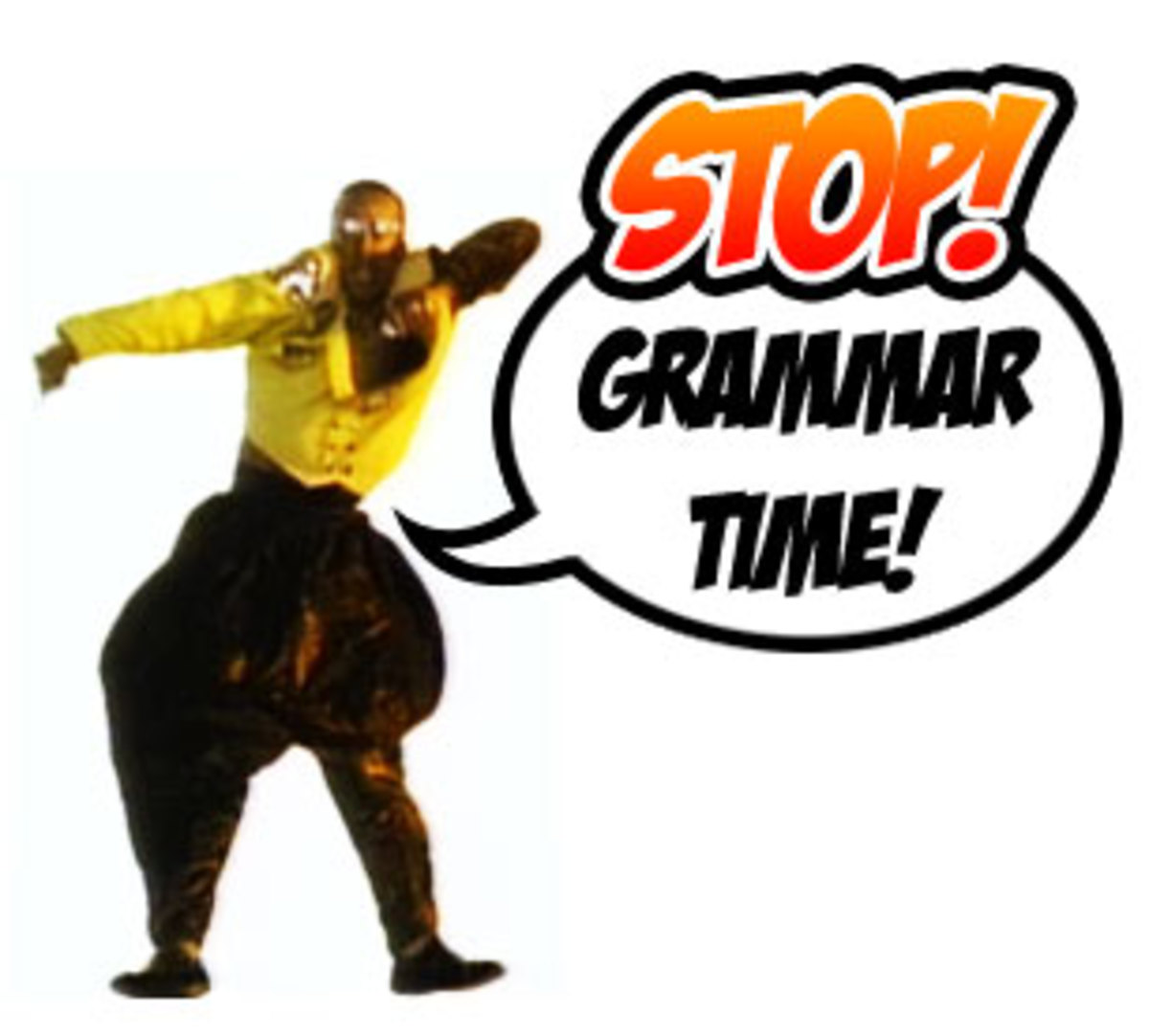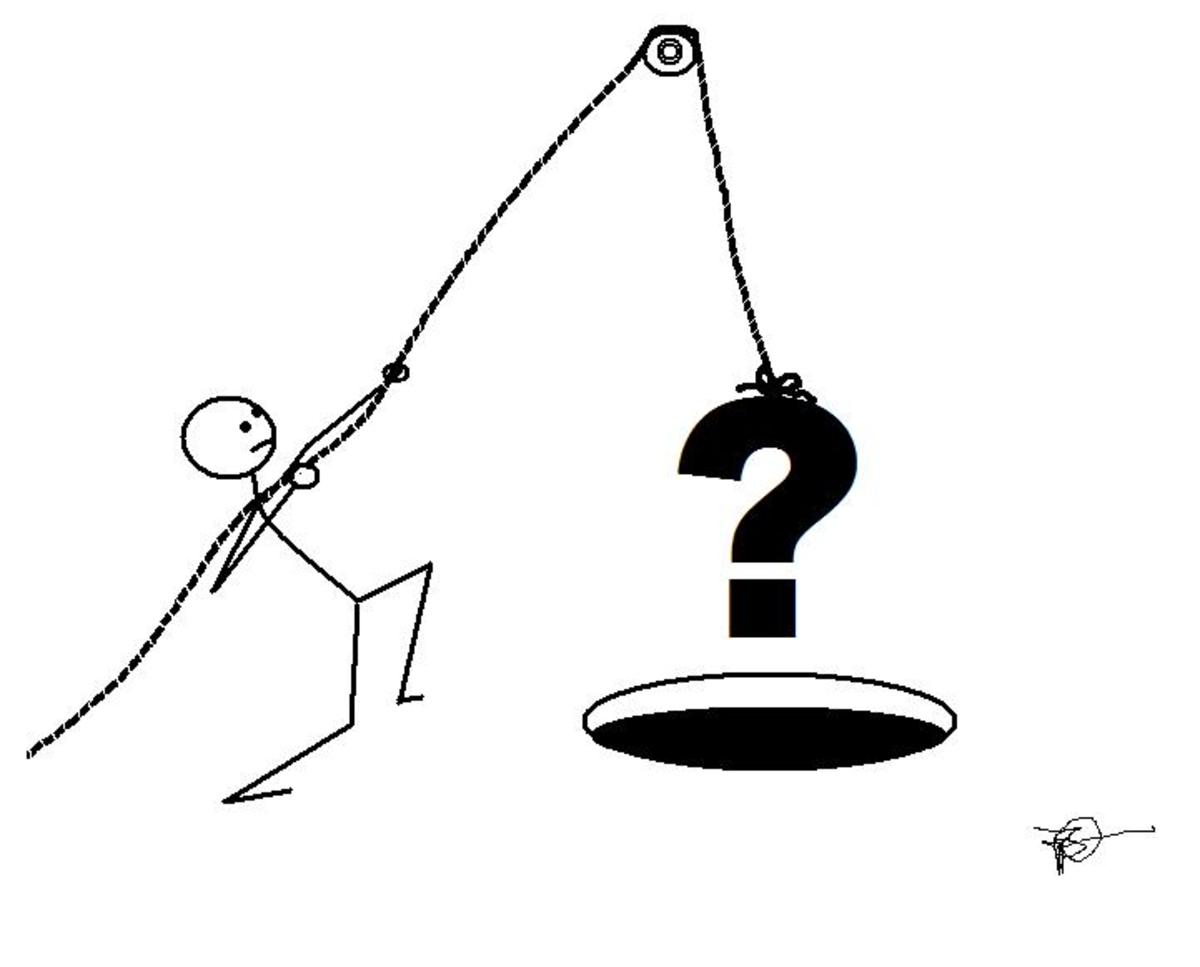Idioms and Phrases
Idioms and phrases, it sounds interesting, isn't it?. Generally, they are something in the sentence that is not understandable literally. While their exact meanings may seem absurd, they have unusual grammatical structure. Furthermore, the correct use of idioms in our conversations shows us more like a native speaker and creates curiosity among others about what does it mean.
Donkey's Years
The phrase doesn't point the age or lifespan of a donkey but his ears and its length. 'Donkey's ears' is the original expression certain play on word makes it donkey's years. If you meet a person, after many years, then you may say to him that it's been a donkey's years since we met. Yes, It is to express after a long time.
Example sentences,
1. we are going out for the first time in donkey's years.
2. It has been a donkey's years since I had a burger.

Dog in the Manger
This expression suits a person who prevents others from enjoying what he cannot. In other words, it exactly means spoiling other's pleasure in envy. The dialect comes from the old Greek fable. In that fable, there was a dog that was taking a nap on a hay rack. At that time, the cattle were coming from the farm field to eat. The dog got awakened by the sounds of cattle and started to bark and restrict them to touch the hay. This idiom speaks about the dog's behavior towards cattle even it has no benefit of possessing that hay.
Example sentence,
1. Ragu is a real dog in the manger. He cannot drive, but he will not lend anyone his car.

No Spring Chicken
This one has been in custom since early 1700 where, it concerns both men and women who misrepresent their age and fabricate themselves as too young and, this clause means to say no longer young. This phrase emerged from the markets on those days where the chickens born in the spring seasons had high value and demand than winter born chickens. Hence, if anyone tried to sell the aged winter born chicken as the fresh one, the buyer would say that's no spring chicken. At the same time, if we wish to describe anyone young then, we might say that he is a spring chicken.
Example sentence,
1. She is no spring chicken.
2.I'm no spring chicken, yet I still full of energy.
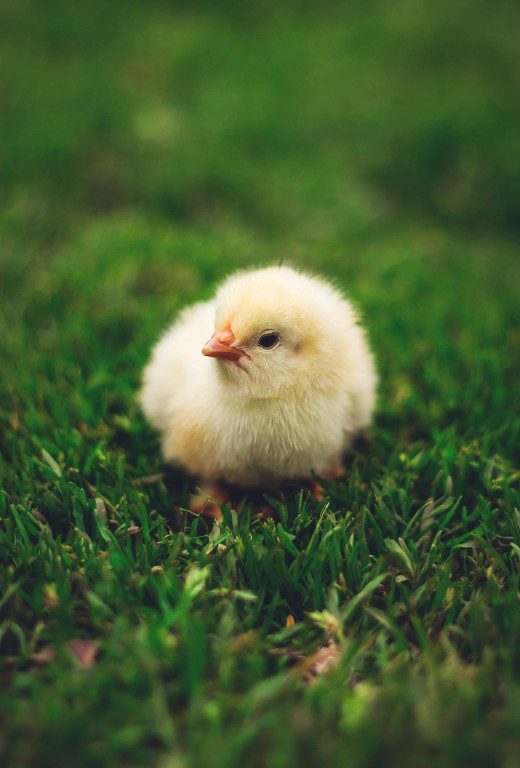
Baker's Dozen
The next in the line is baker's dozen, don't get crazy, I'm not talking about a bad count, it concerns medieval sales techniques. In 13th-century England, bakers had a bad reputation for selling underweight loaves. Strict regulations were therefore introduced in 1266 to fix standard weights for the different kinds of bread according to the price of wheat. They were punished and exposed to the public for keeping the price of bread high and giving short weight, So they would include an extra loaf with each dozen to ensure the law was satisfied. So, the idiom implies not twelve but thirteen.
Example sentences,
1. I have a baker's dozen of shoes in my wardrobe.
2. He gave her a baker's dozen of chocolates.

Rank and File
Rank and file represent ordinary people. The phrase describes the way soldiers are standing for inspection. The expression refers to private, non-commissioned combatants who carry out the orders of those in command. Rank is a row of people standing one beside another where the file is a column of people standing one behind another. It is no longer a purely military term and is now used to describe the ordinary members of a large organization or political party.
Example sentences
1. The rank and file of the party is the major reason for the success.
2. The lockdown creates big chaos among the rank and file of the country.

Eager Beaver
This phrase applies to an overly spirited person who tries to impress others with enthusiasm and hard work. This expression was made popular by the American forces during the time of the Second World War to describe those keen recruits who volunteered for absolutely everything; other American sources say it was widespread in student circles from about 1940. Moreover, Beavers are reputedly industrious animals, and eager conveys enthusiasm. Together the words make a catchy little rhyming phrase.
Example sentences,
1. Don't work like an eager beaver.
2..she needs one eager beaver for her project.

Willy-Nilly.
The term is a contraction of the words will I, nill I (similarly will he, nill he, where nill being the negative of will) and means that the business will take place whether it is with the will of the person concerned or against it. It is to express whether one likes it or not.
Example sentence,
1. You can't just select your partner willy-nilly.
Rule of Thumb
It means an estimate based on experience rather than careful calculation. In a single word, you can say as approximately. The phrase itself has been in circulation since the late seventeenth century. In Roman times it was estimated that the measure of the last part of the thumb above the top joint would fit roughly twelve times into the larger measure of one foot. It remained a standard measure for centuries. Careful measurement required a standard rule but, where an estimated length would do the thumb sufficed.
Example sentence,
1. As a rule of thumb, two handfuls of rice measures 1 kilogram.

White Elephant
It refers to an unwanted object, especially something burdensome. The devious kings of Thailand have invented a smart way of destroying their subordinates whom they disliked by gifting them a white elephant, which was considered a sacred beast. So, they could not employ it as a working animal. At the same time, it was very expensive to maintain and ruined its keep at last. For this reason, a white elephant relates to unwanted items and encumbering junk in modern days.
Example sentence,
1. The house has become a white elephant to him after his father's demise because he cannot spend on its maintenance.
